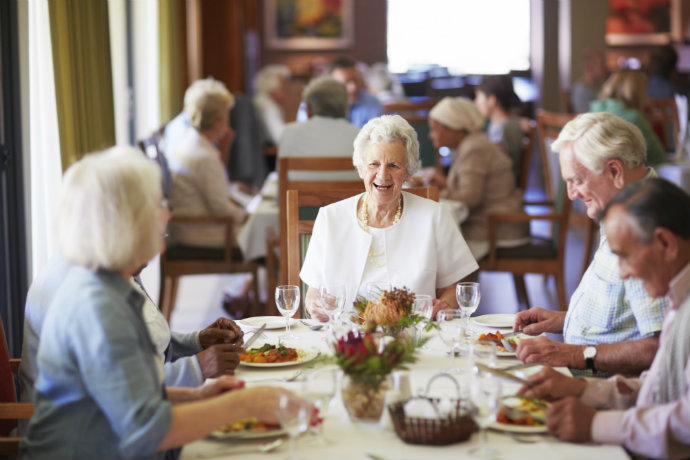
Caring for the elderly
When caring for the elderly, you need to take into account their different requirements and individual care preferences. Taking a Health and Social Care (Adults) QCF course is ideal if you have a job as care worker in health and social care, or you are volunteering in a similar setting.
1. Person-centred care is a priority
Every older person is an individual and that’s how they should be treated. Each elderly person has their own preferences and the right to be heard.
Unfortunately, catering to the unique requirements of each person can be inconvenient for carers. Time is rarely on their side. However, it’s important to remember that for some elderly people, who don’t have much to occupy their time, small annoyances can be magnified. It’s the little things that make a big difference in care. If carers have the time, they should try to listen to each person they’re caring for and they’ll soon find that they can build a rapport with them.
2. Dignity is crucial when working with elderly people
Life doesn’t get any easier as we age. Many elderly people feel pain, sadness, boredom, and loneliness. Their dignity is easily compromised, particularly if they have a lot of personal care needs.
Incontinence and the inability to wash yourself can be humiliating, so by treating elderly people with respect, carers can help them to maintain their dignity.
It can make a difference if they chat while they’re working and complete tasks as quickly and efficiently as possible. Elderly people appreciate speed and reliability.

3. Striving to understand can make you a better carer
The best carers know that the elderly people they work with may be grumpy, or forgetful at times. Some older individuals seem to regress and become quite childlike when they receive care, particularly if they have had support for a long time. It’s important to remember that they may say things that don’t make sense, be impatient, or express outdated views, but they still deserve compassion.
4. Privacy and confidentiality can be challenging
Privacy should be a priority in any kind of care. The details of an elderly person’s care programme, and information about any illnesses, should be kept confidential, unless you become concerned about their welfare.
Becoming a regular confidante can present new challenges for a carer. They may be asked for advice or expected to offer emotional support. Tensions in families can be difficult to work around, but carers should always remain professional and not get involved in disputes.

5. Abuse, neglect, and poor care should be reported
In situations where abuse is taking place in some form, carers should be aware of the importance of encouraging an individual to speak up and make decisions about what is happening to them. In some cases elderly people can be reluctant to admit that a family member is unable, or unwilling to provide them with the best possible care. Carers can raise concerns with the company they work for, or local authorities.
6. Reliability and dependability make all the difference
Elderly people can lose their faith in a care company or individual carers, if they don’t arrive when they are supposed to. It only takes one mistake on the rota to unsettle someone. Most elderly people have been independent their whole lives, and relying on someone who is unreliable is not an easy task.
In some cases individuals attempt to care for themselves if they think a carer will not arrive. This can put them in potentially dangerous situations, such as attempting to use stairs on their own or trying to climb into the bath. Even getting out of bed can be risky when a person is unsteady on their feet. A fall can often be deadly for a person who is already weak.
7. Communication abilities can vary
Having a conversation can be difficult for some elderly people. If they have suffered a stroke for example, speech may be affected. Many older individuals also struggle to hear and carers may need to say words clearly. Anyone who works with the elderly should explore different methods of communication.






Leave a Reply